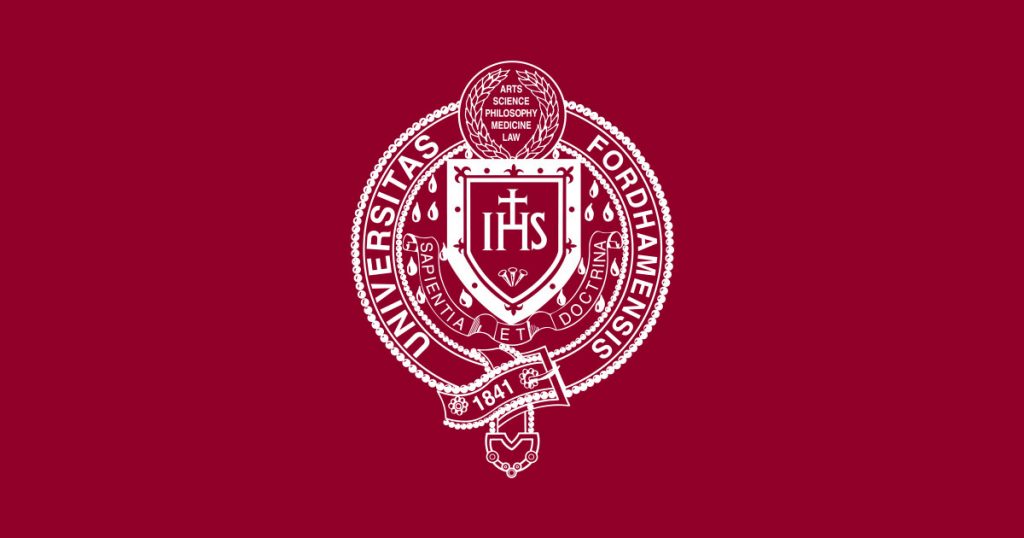Dear Fordham Community,
Today the Supreme Court has significantly restricted the ways that universities consider race in making holistic decisions about admission. As a university president—and a law professor who focused on the constitutional guarantee of equal protection—I am both disappointed and determined to find a path forward.
The debates over the use of race in admissions miss some fundamental facts. This is not about people skipping the line. When universities recruit a class, it is not possible for us to line students up in rank order of merit (as any of you who have ever made a subjective hiring decision understand). We know that a student who spends years in private tutoring to ace a standardized test is not necessarily smarter than the rest, which is why most of us have gone test-optional. We know that incoming GPAs from a variety of schools are not all created alike. We also understand that talent also comes in many forms, including the brilliant creativity of an artist; the fierce discipline of an athlete, or dancer, or soldier; and remarkable acts of leadership. Most of all, we know that students who have overcome tremendous obstacles in their life, from the death of a parent to growing up in rural poverty, come to us with critical resilience and grit.
Now, the Court gives us very mixed messages on whether we can consider one—and only one—obstacle, that of overcoming racism. That is not because a majority of the Court denies the ongoing impact of racism, an argument impossible to make when looking at empirical evidence. Studies show that identical resumes sent to potential employers with white- or non-white-sounding names get very different results. Doctors, on average, give less pain medicine to African-American patients. Black women are much more likely to die in childbirth and from heart attacks because of cultural and institutional biases. And children of color face a culture that continues to stereotype them and undermine their confidence.
Despite all of this evidence, the Court bans colleges from assuming that people of color have had to overcome the obstacle of racism. Instead, the majority opinion leaves open a window for an applicant to prove “how race affected his or her life, be it through discrimination, inspiration, or otherwise.” We in higher education will collectively struggle with that instruction and the burden it seems to put on individual students to prove what a majority of the Court seems so determined to ignore. But we will do our best.
Fordham was founded for the Irish and then Italian and other immigrants who were excluded and belittled in the 19th century. For almost two hundred years, Fordham has invested in the talent that would have been squandered by the world. We have proved the magnificent results. And we refuse to pull up the ladder behind us.
What does this mean for Fordham? We have been preparing for this moment all year. We will do everything allowed under the law to continue assembling a student body of the best and brightest, with every type of talent and experience. We will keep bringing together students from every corner of the country and the world, from every background, because we know our students learn as much from each other as they do from us. Fordham’s diversity, by race, class, geography, nationality, and background, is an enormous source of strength. And it is a fundamental expression of our religious mission, as Catholic universities across the country reminded the Court in an amicus brief.
And this is where I need everyone’s commitment—together we must work ever harder to create a community where every single one of us knows, at our core, that we belong here. We have no bubble over our campus to shelter us from an unjust world, but we have the power to do better. The best way to solve terrible problems is not by pretending they do not exist. We solve problems by tackling them head-on, working harder, finding answers, and living our values.
All my best,
Tania Tetlow
President

